
Young Writer, You Are Enough
I was fifteen years old when I officially decided to launch my writing journey. I began by devouring books…
August 9, 2018
I was fifteen years old when I officially decided to launch my writing journey. I began by devouring books…
August 9, 2018
Social media provides a new frontier ready for settlers. We gaze at its complex landscape of influencers, followers, and…
July 9, 2018
Marketing isn’t exactly an author’s favorite job. After all, aren’t writers supposed to keep producing books and rely on…
March 9, 2018
Let’s face it: There isn’t a guaranteed and instant pay off for the writer who works hard at finishing…
December 9, 2017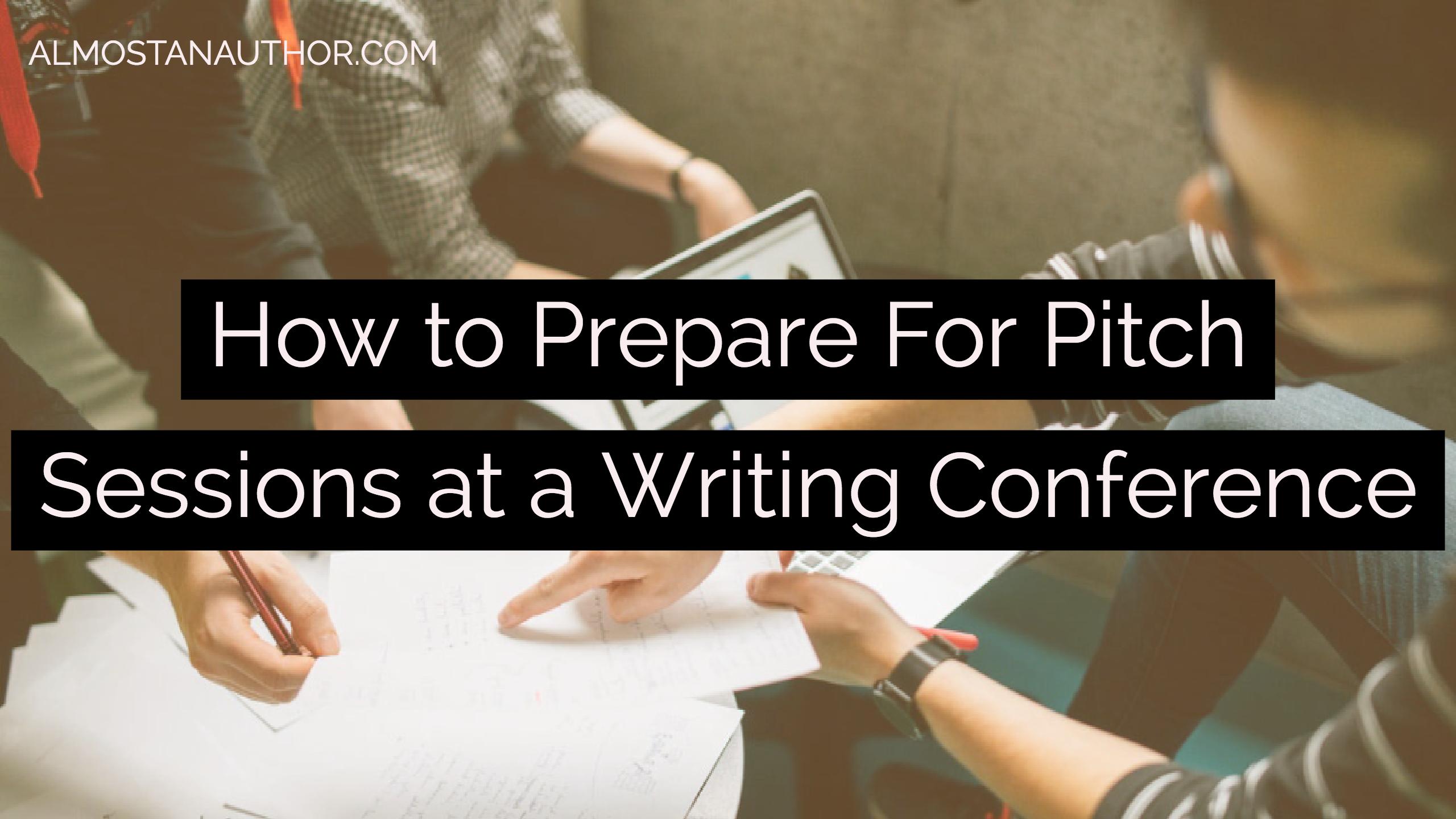
I attended my first writing conference when I was sixteen-years-old. This is what lead to the publication of my first…
November 9, 2017
Have you ever noticed how some authors tend to focus too much on writing certain fiction elements, yet ignore…
October 9, 2017
In the previous post, we discussed how writers can build a blog readership by establishing a brand, deciding on…
August 21, 2017
When I was in elementary school, I was taught to incorporate as many adjectives and adverbs into my stories…
August 9, 2017
Aspiring authors are frequently advised to build a writing resume in effort catch the attention of an agent or…
June 8, 2017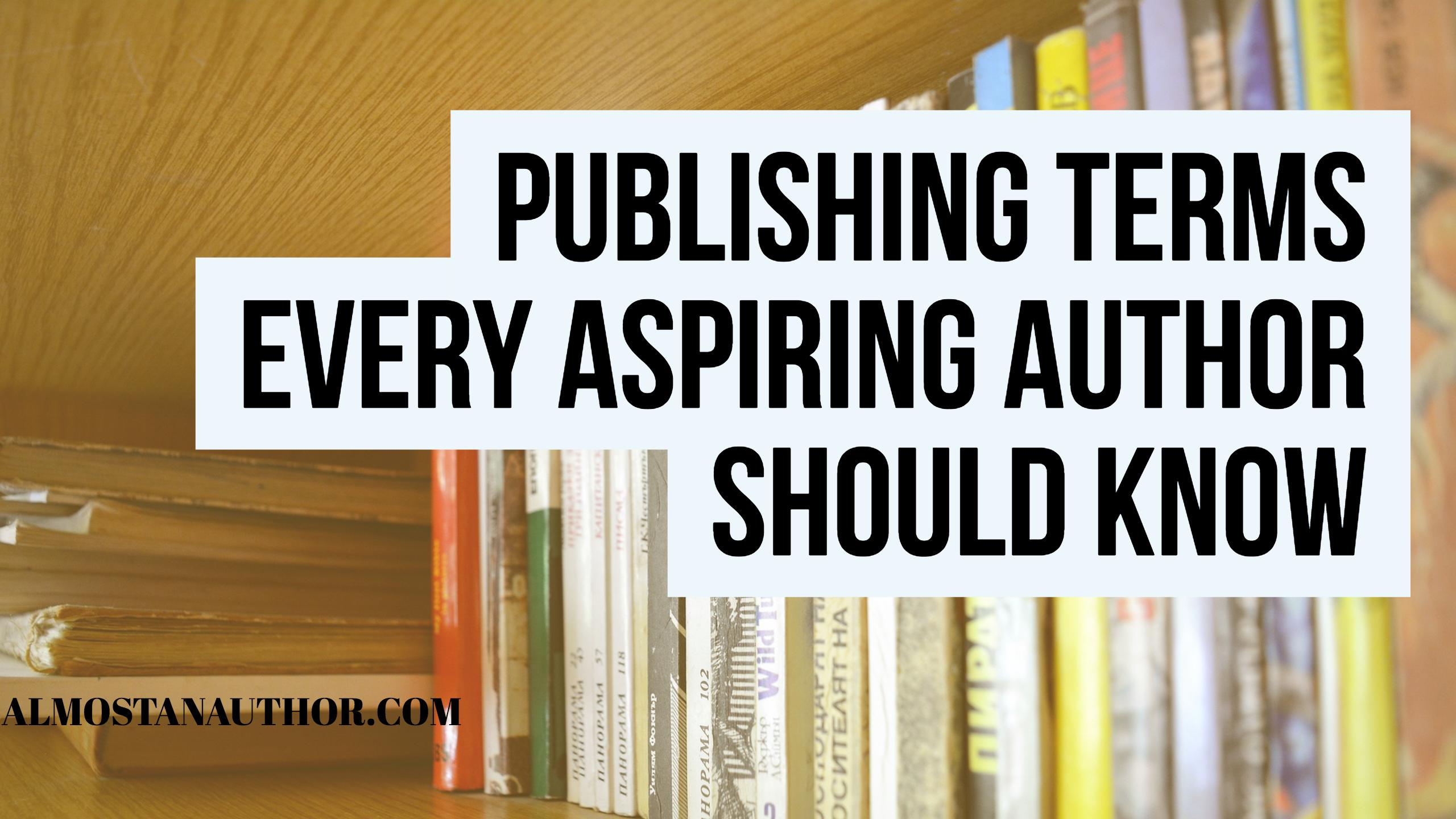
If you’re planning to attend a writing conference any time soon, it may be wise to freshen up…
April 8, 2017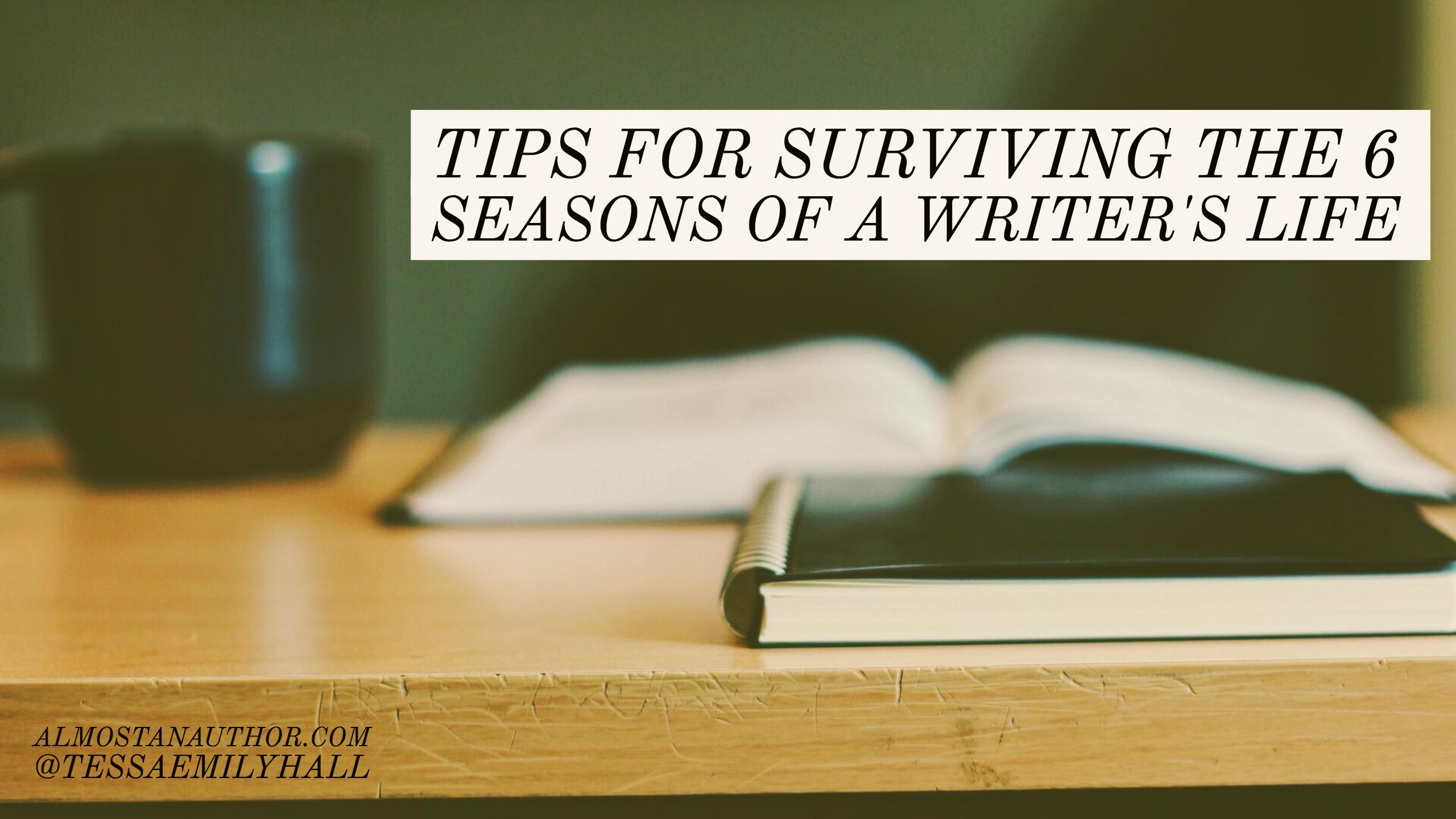
If you’ve been in the industry long enough then you probably know by now that the writer’s life is…
March 8, 2017
As writers, we have the power to tear down the boundaries of paper and ink when we craft a…
February 8, 2017
Almost every aspiring author dreams of what their life as a published author will look like some day: Multiple…
January 8, 2017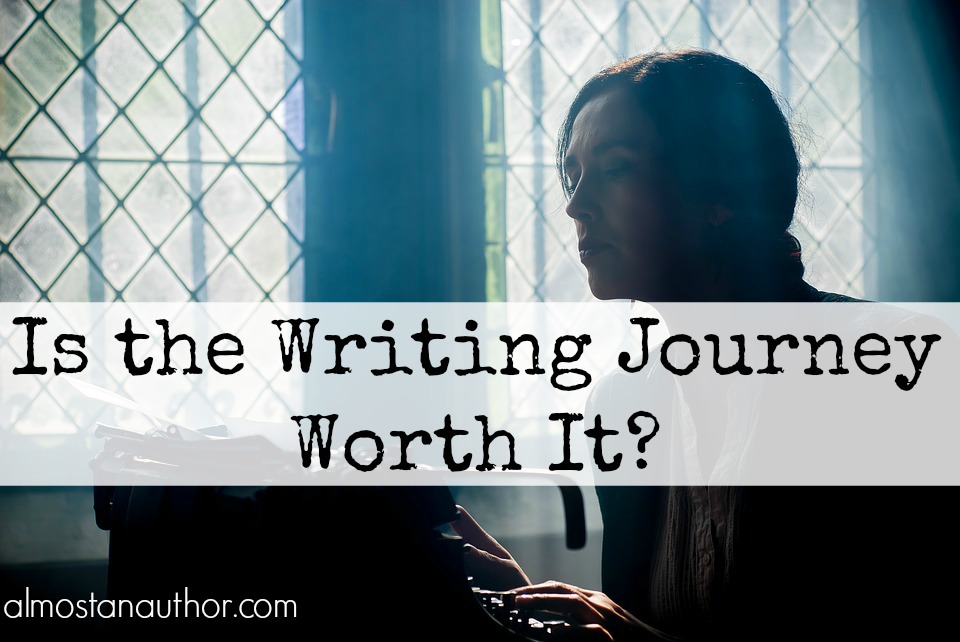
When I was a fifteen-year-old aspiring author, I emailed a bestselling author asking for writing advice. What she told…
December 8, 2016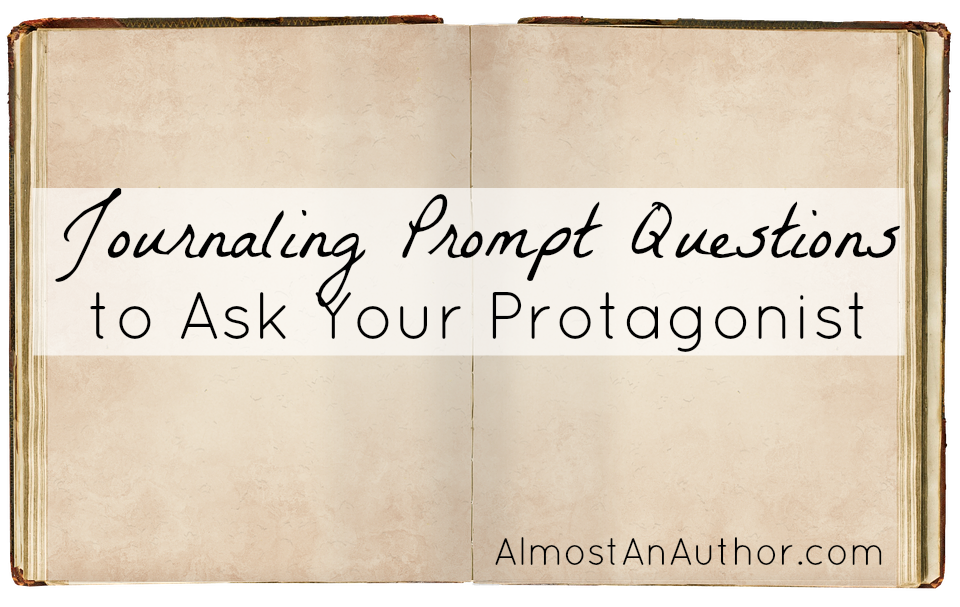
Sometimes, we writers can become so focused on writing an enticing, hard-to-put-down plot that we neglect one of the…
November 8, 2016
The writing journey is not a smooth, easy ride. There will be setbacks, failures, doubts, and frustrations along the…
November 8, 2016
Have you ever tried to tell your friends about an experience you had, but they didn’t give you the…
October 9, 2016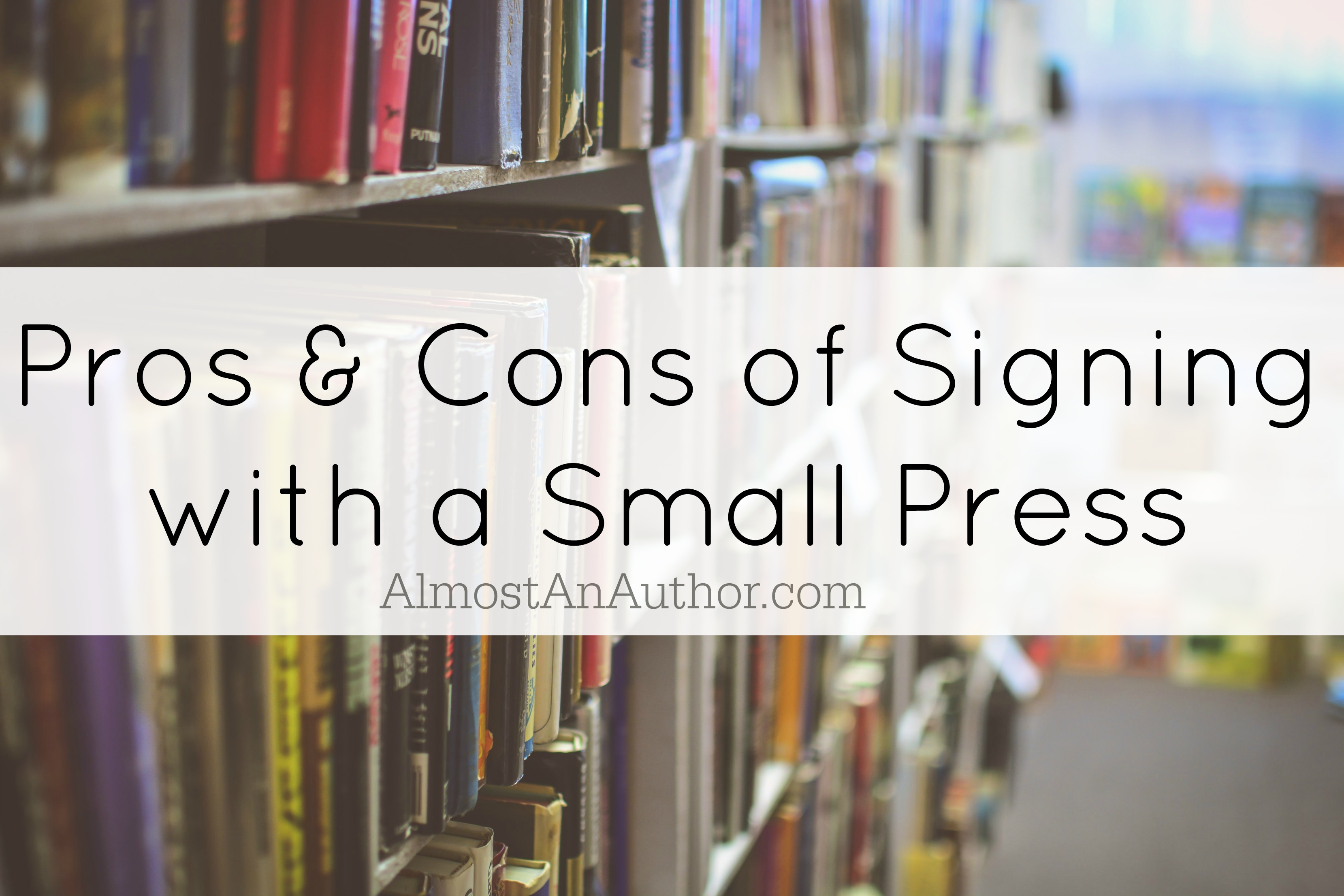
I was sixteen when I attended my first writing conference. My goal wasn’t to find a publisher; in fact,…
September 9, 2016
Once you’ve chosen the setting of your book—which we discussed in Part 1 of this series—it’s important to spend…
July 21, 2016
Setting is far more than the backdrop of a novel. It’s the environment that breathes life into a story. It…
June 19, 2016
Savannah asked, “Do you have any tips for people who are new to blogging or would like to start?”…
April 12, 2016
For most writers, our passion to write was birthed from a passion to read. We grew up immersed in…
March 10, 2016
“Does building a platform really increase chances of publication?” This is a question many beginning authors ask when they…
February 19, 2016
[bctt tweet=”5 Reasons Teens SHOULDN’T Pursue a Writing Career #teenwriters #writingtips”] When I was 14, I emailed a best-selling…
January 14, 2016
[bctt tweet=”How to Set Writing Goals and Finish Your Book #writingtips @tessaemilyhall “] As a teen, you have…
December 29, 2015